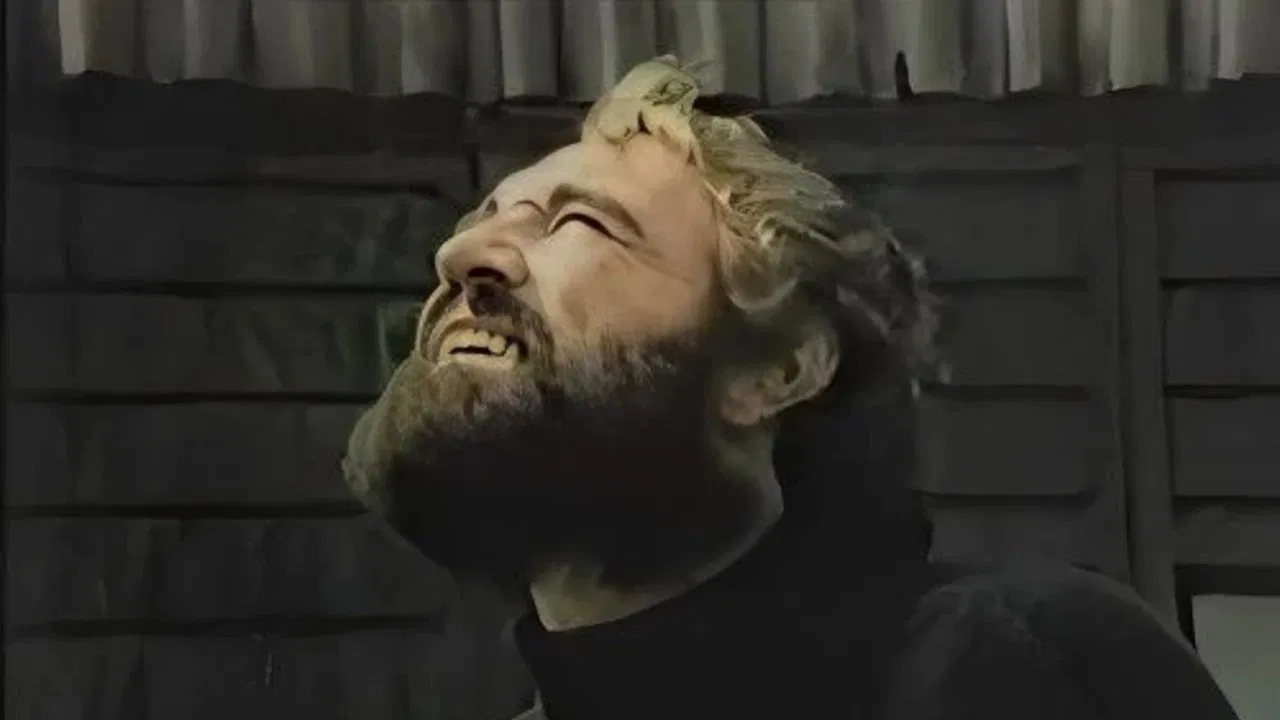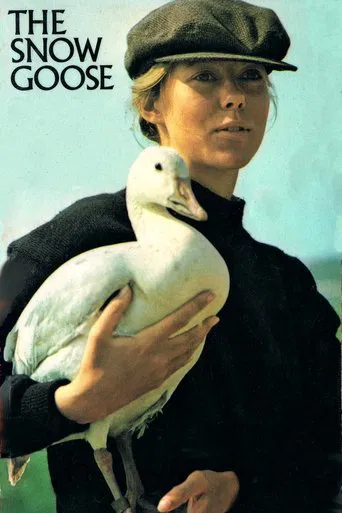

Am I Missing Something?
... View MoreI cannot think of one single thing that I would change about this film. The acting is incomparable, the directing deft, and the writing poignantly brilliant.
... View MoreFanciful, disturbing, and wildly original, it announces the arrival of a fresh, bold voice in American cinema.
... View MoreAll of these films share one commonality, that being a kind of emotional center that humanizes a cast of monsters.
... View More... I remember watching this movie before I went into the US Navy and swearing I would not tell anyone about the tears it brought to the eyes of myself, my mother and amazingly my father who would cry for no one. But what takes me back to this story, time and again, is the music of a British band from the same era, Camel. Camel produced a musical tribute to the story using the same title, "The Snow Goose". Unlike most progressive rock bands of the era, the members of the band knew how to compose music to represent the stories characters and intertwine those themes into a progressive rock opera to carry your mind into the heart of the story and bring back those tears caused while watching the movie...
... View MoreI watched this heart breaking film as a callow youth and was enchanted by it. Since the film is so rare, read the book. (It's a novella and you can read it in an evening) The film was a BBC and Hallmark joint venture and was an acclaimed success. Therefore the BBC has never repeated it and Hallmark, who has the rights apparently, have never considered re-releasing it. Considering the rubbish around today this is a little mystifying. Richard Harris plays the hunchback, Phillip Ryader brilliantly. The young Jenny Agutter nicely underplays the part of the girl leaving as much unsaid as stated. These two damaged, shy people are thrown together in their common cause to look after a wounded snowgoose. Time passes and their relationship grows but events impinge on their world as Europe descends into war. How will these events affect them? Have the hankies ready....
... View MoreI took my small kids to see the 1971 film and we all wept copiously.It was a wonderful movie.I note with trepidation the remake being filmed in LA right now with Billy Connoly and Olivier Martinez.Can OM possibly get anywhere near as good as Richard Harris ? OM is not noted for his ability to convey feelings one can empathise with.I hope I am wrong but most remakes are dreadful, including the Alfie one with Jude Law.Why not just re release this greatest masterpiece.? I had not thought about this movie for years but now recalling it I think it has to be up in my top 10.A gem for anyone between 2-102,even if it is essentially a kids story an somewhat heavily laden with saccharine.I do believe that black and white movies were an excellent vehicle for creating "moods".I miss the B/W movies.And dread my memory of this masterpiece taking a hit on the remake.
... View MoreThough it's been years since this last aired i can still FEEL the haunting theme song and the spray of the sea - and the tears i shed watching this film! Richard Harris and Jenny Agutter are wonderful and perfect in these roles. I hope Hallmark one day will see fit to re-air it or release it in some format for purchase. I look vainly each week when the TV listings come out, just in case.Few books are translated well on screen - this film version is a true "better than" candidate!
... View More